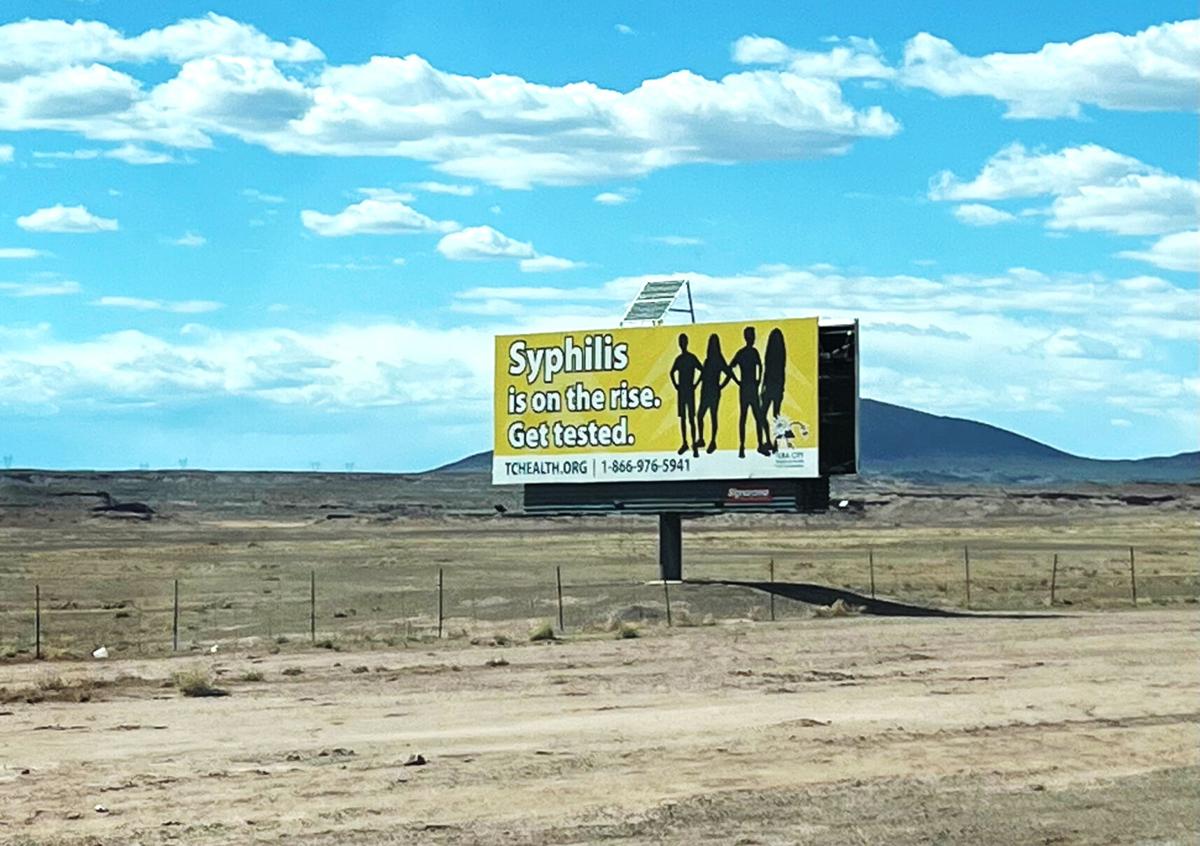
- Details
- By Native News Online Staff
Over the past decade, syphilis rates and case numbers in the U.S. have increased across all populations. In response to this surge in syphilis cases, HHS formed the National Syphilis and Congenital Syphilis Syndemic Federal Task Force led by HHS Assistant Secretary for Health Admiral Rachel Levine.
On Wednesday, this task force issued new considerations for health care providers who test patients for syphilis. The new HHS document "Considerations for the Implementation of Point of Care Tests for Syphilis," outlines four main differences between syphilis point of care tests and laboratory-based serologic syphilis tests and highlights the best settings to consider use of point-of-care tests. It also examines parameters for point of care testing program implementation and management, provides answers to common questions, and lists links to related resources.
“Syphilis testing is crucial, as syphilis infections can be difficult to diagnose because many of those infected may not have symptoms,” said Admiral Rachel L. Levine, MD, Assistant Secretary for Health. “The Food and Drug Administration has authorized two point-of-care tests for syphilis that can provide rapid test results during the same visit in about 15 minutes. This can help overcome barriers in our ability to timely diagnose patients in communities across the nation.”
Syphilis is curable but has re-emerged as a global public health threat. Since 2012, congenital syphilis cases have surged in the United States. If untreated, syphilis can seriously damage the heart and brain and can cause blindness, deafness, and paralysis. When transmitted during pregnancy, it can cause miscarriage, lifelong medical issues, and infant death.
RELATED: Rapid Rise in Syphilis Hits Native Americans in the Southwest Hardest
Read the new resource “Considerations for the Implementation of Point of Care Tests for Syphilis” and sign up for the Stopping Syphilis: The HHS Summer Seminar Series. The June 26 webinar will highlight the new point of care testing considerations. Future webinars in this series will cover other important topics and share knowledge and tools to help find practical solutions to help reverse the syphilis and congenital syphilis epidemic in the United States.
More Stories Like This
USDA Expands Aid for Lost Farming Revenue Due to 2025 PoliciesTwo Feathers Native American Family Services Wins 2026 Irvine Leadership Award
Bill Would Give Federal Marshals Authority to Help Tribes Find Missing Children
Indian Health Service to Phase Out Mercury-Containing Dental Amalgam by 2027
End of Enhanced Obamacare Subsidies Puts Tribal Health Lifeline at Risk


